Government introduces ‘work for fees’ initiative for underprivileged tertiary students
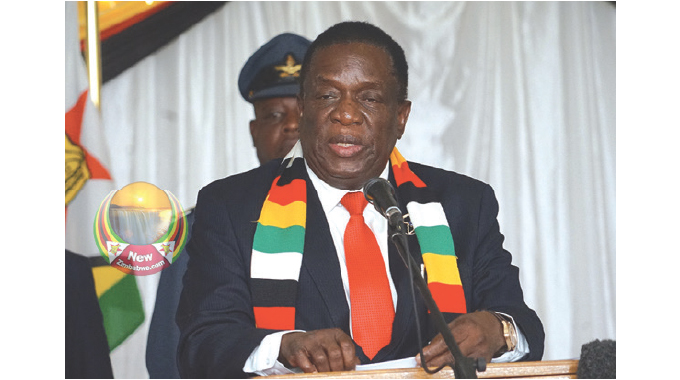
Nqobile Tshili, Chronicle Reporter
GOVERNMENT has introduced a “work for fees” programme targeting students at State universities who are from underprivileged families and are finding it difficult to raise tuition fees.
The country as outlined in the National Development Strategy 1 (NDS1) and Vision 2030, is pursuing a knowledge-driven economy that is anchored on the Competence Based Curriculum and Heritage Based Education 5.0 Philosophy.
Building towards sustainable education, the Second Republic has since come up with self-financing mechanisms for higher and tertiary education while plans are afoot for free basic education starting next year.
Some universities, including the National University of Science and Technology (Nust) are already implementing the work for fees programme.
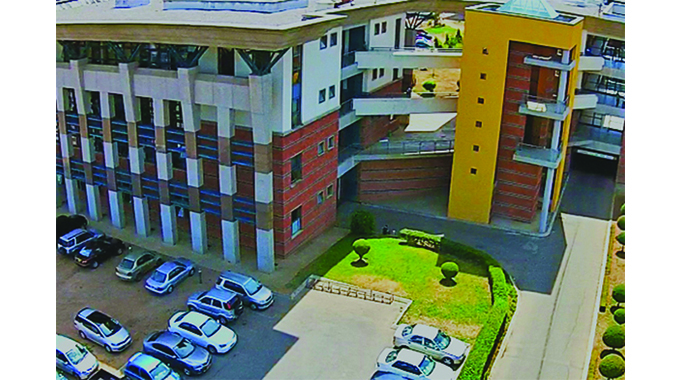
National University of Science and Technology (Nust)
The programme comes at a time when universities countrywide have increased their fees by a wide margin.
Apart from the work for fees programme, Government is also offering loans to students in higher and tertiary institutions but unfortunately there is low uptake.
President Mnangagwa said the new university fees were justified and remain comparably low compared to what is charged in universities in the region.
Under the work for fees programme, which is being rolled out by the Ministry of Higher and Tertiary Education, Innovation, Science and Technology Development, underprivileged students work at their universities in exchange for fees payment.
Nust is one of the institutions that is implementing the programme and so far, there are 28 beneficiaries.
Nust director of communication and marketing Mr Thabani Mpofu said the work for fees programme speaks to President Mnangagwa’s philosophy that no one and no place should be left behind in terms of development, including access to education.

Mr Thabani Mpofu
“This is a welcome programme meant to ensure that no one is left behind when it comes to accessing education as stated by the Chancellor, His Excellency, President Dr ED Mnangagwa. The programme is assisting the disadvantaged students who have been finding it difficult to raise fees,” said Mr Mpofu.
He said the university is also benefiting from the services of students within the work space.
Mr Mpofu said through the programme, the students are also bringing in innovative ideas and new strategies. Lupane State University (LSU) is also working on introducing the programme.
LSU director communication and marketing Mr Zwelithini Dlamini said once introduced, the programme will make education accessible to all.
“As LSU we believe the programme will go a long way in addressing the challenges faced by students from underprivileged families.
The finer details on the selection criteria will be clearer once we start rolling out the programme,” said Dr Dlamini.
The Midlands State University (MSU) has also introduced the programme and among the beneficiaries are students from the San community.
One of the beneficiaries, Mr Andiswa Tshuma (20) a second year Computer Science student at Nust, who is also an orphan, said she could not raise fees when her sister died last November. Following the death of her sister, Mr Tshuma almost abandoned her studies.
“I am an orphan, my parents died when I was six and eight years respectively. My late sister used to pay part of my fees as I was also getting money from mother’s pension,” she said.
Mr Tshuma said since she is now more than 18 years, she could not benefit from the pension.
“Last year my eldest sister who was now paying my fees died of a heart-related illness and I was left stranded” she said,
Mr Tshuma said when she heard of the work for fees programme, she immediately approached the Nust Student Affairs Division and applied.

After the vetting process, she was admitted for the programme. Students under the programme stay at the campus and get free meals.
“I now work at the Innovation and Software Development Centre where we design soft applications. All the challenges that I had are now a thing of the past. I used to have transport challenges and sometimes, I would miss lectures but not anymore,” said Mr Tshuma.
Miss Nonsikelelo Ncube from Silobela in Kwekwe, is also a beneficiary of the programme.
She is a second-year environmental science and health student. Miss Ncube’s parents struggled to pay her fees.
“At some point, my mother went as far as borrowing money from loan sharks to pay my fees and up to now she still owes some of them. I remember when I was blocked from accessing my end of semester results, I decided to approach the university and explained my challenge and that is how was admitted to this programme,” said Ms Ncube.
Higher and Tertiary Education, Innovation, Science and Technology Development Minister Professor Amon Murwira said it is critical for students to open up on their challenges for them to be included in such Government programmes.
He said institutions such as Hillside Teachers’ College also have students who are beneficiaries of the scheme.
“We have programmes for those students who cannot afford fees such as the work for fees programme. Our message to students who might be having problems with fees payment is that they should take advantage of such programmes,” he said.
Minister Murwira said it was unfortunate that some students who were struggling to raise fees, shy to come forward and be assisted through such programmes.
@nqotshili

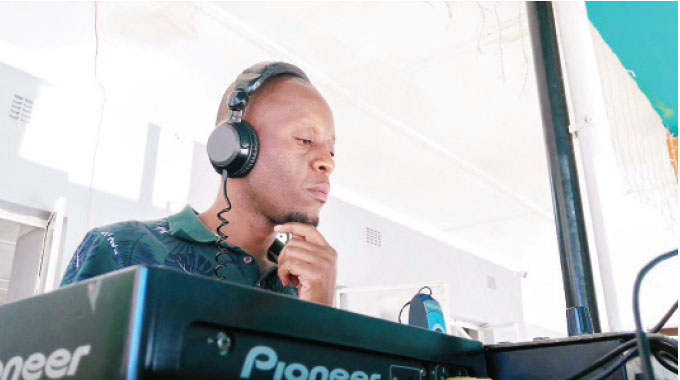
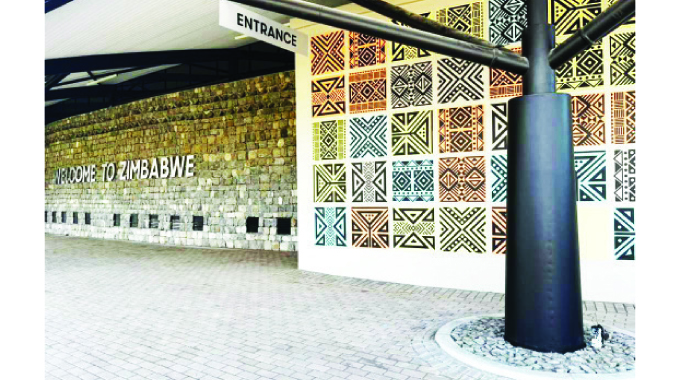

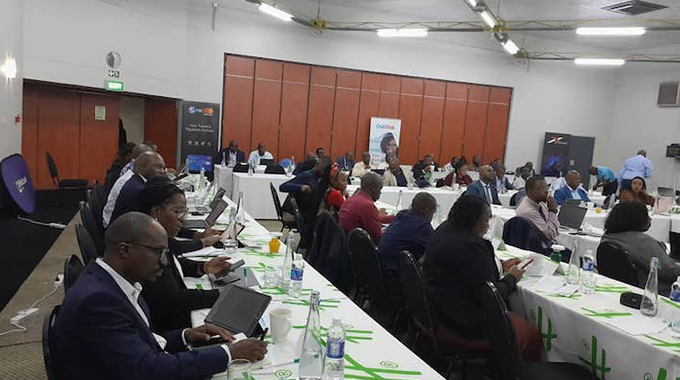
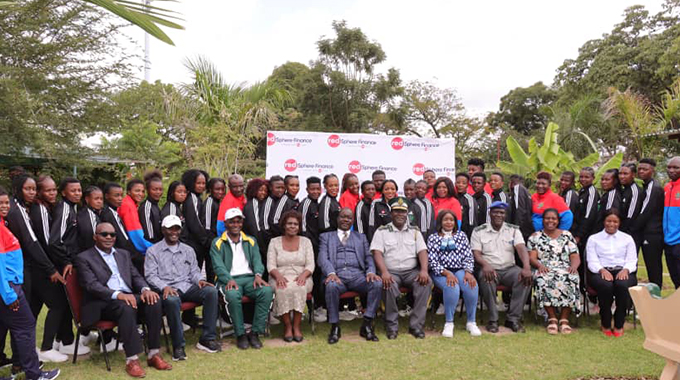






Comments